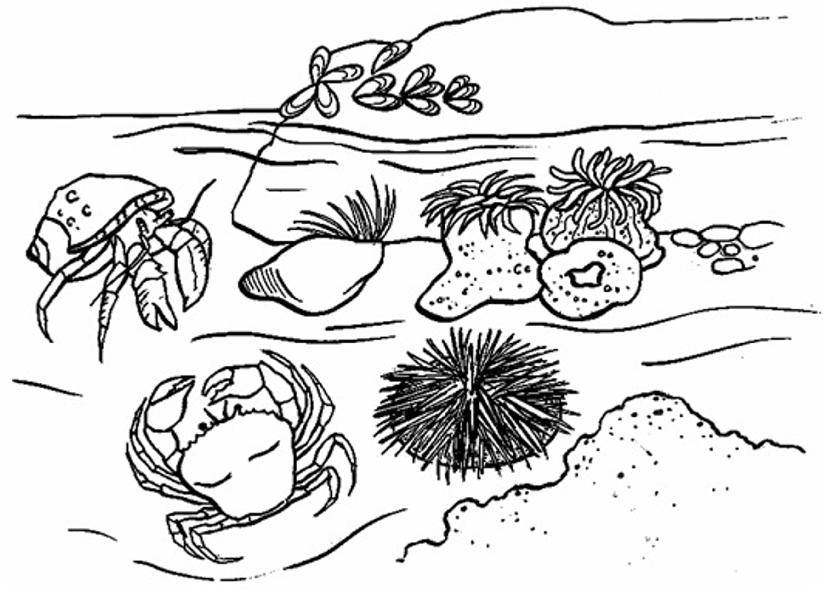| << Chapter < Page | Chapter >> Page > |
Discuss any difficult vocabulary.
2. Look at Susan’s last sentence. Discuss what would happen when they take Lisa home.
Then ask the children to consider: Do they think Lisa will find her parents? What could have happened to them? Remind them that they would naturally want to find her.
Stress that their suggestions must be reasonable and realistic.
Their answers could be evaluated for LO 5, as well as LO 2.
If the answer is completely unrealistic, and doesn’t take any known factors into account, it would be rated 1.
If they take into account that Lisa has only been missing for two days and that her parents could have landed elsewhere and are now looking for her - that would be rated 3.
To be rated 5, they would have to have thought of radio contact and that a generalised search would already be in progress.
The children must listen to each other’s answers and comment on the likelihood of any of the solutions.
Depending on your time, the stories may be read out aloud to the class or allow learners to swap stories and read each other’s silently.
Encourage the children to find out about early writing in different civilisations. Let them tell the class what they have found out or make a small poster about their findings. Some children could also copy out examples of hieroglyphics or cuneiform for display purposes.
I sat looking into the rock pool
And I’ve waited ever so long
‘Cos I saw a crab go into that hole
Something must have gone wrong!
Unless the hole is merely a tunnel
Leading down to his undersea cave
Where all the undersea creatures gather
And regularly hold a deep-sea rave
In the darkest ocean depths, he’ll party
With all who live on the ocean floor
And never knowing when the day has ended
He’ll keep the band playing by demanding “Encore!”
When he has raved until he is knackered
He’ll sleepily make his way back
To a well deserved rest in the rock pool
Which I have been looking at.
L.V.
| LO 1.3.6 | LO 3.2.1 |

bar-na-cles; a-ne-mo-nes; clus-ters; mus-sels; a-ni-mals; ur-chins; ten-ta-cles; bot-tom.
A pool in the rocks may have many tiny sea animals. Barnacles cling to the rocks at the edge of the pool. Mussels have smooth purple shells and live together in clusters on the rocks. In the pool sea urchins are little balls of spikes. The hermit crab lives in a shell that he has found. The sea anemone waits for food to land on it and then its tentacles close over it, pushing it into its mouth. If Susan touched it with her finger the tentacles would try to close over that too! Crabs walk along the sand at the bottom of the pool.

Notification Switch
Would you like to follow the 'English home language grade 2' conversation and receive update notifications?